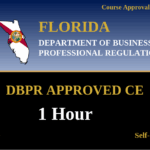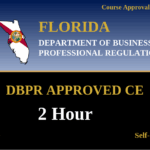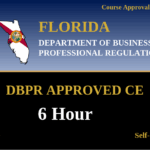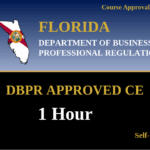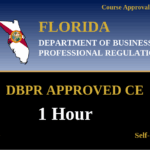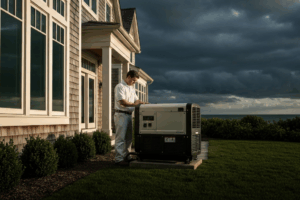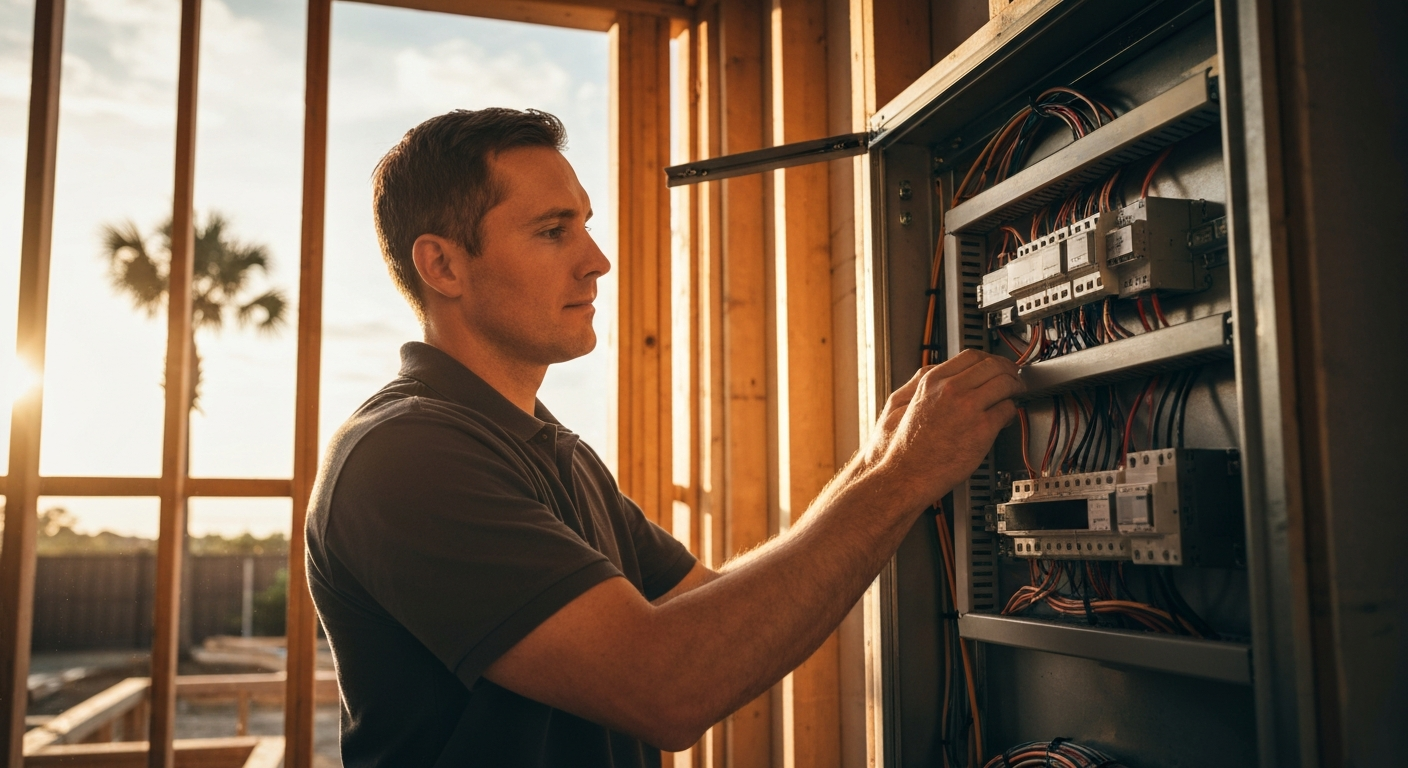
Impact of the 2023 NEC on Florida Electrical Work
As of December 31, 2023, a new era for electrical work dawned in Florida. The implementation of the Florida Building Code 8th Edition officially put the 2023 National Electrical Code (NFPA 70) into effect across the state. For every licensed residential electrician and commercial electrical contractor, this isn’t just a minor update; it’s a fundamental shift in electrical installation standards 2023 that impacts everything from service entrances to outlet placements. Understanding these changes isn’t just about compliance—it’s about ensuring safety, demonstrating expertise, and staying competitive. From new GFCI rules causing headaches to life-saving emergency disconnects, we’ll break down what the 2023 NEC Florida adoption means for your daily work.
Florida Officially Adopts the 2023 NEC
The transition is now complete. The Florida Building Commission has mandated that all new construction and significant renovations permitted on or after December 31, 2023, must comply with the Florida Building Code (FBC), 8th Edition. According to the Florida Department of Business and Professional Regulation, this new code adopts the 2023 edition of the National Electrical Code (NFPA 70) as the baseline for electrical safety and installations.
However, it’s crucial for Florida electricians to remember that the state maintains Florida specific NEC amendments. These are modifications tailored to Florida’s unique environmental challenges, such as humidity and hurricanes. Professionals must consult Chapter 27 of the FBC 8th Edition to understand where state rules override the standard NEC text. Staying current with these state-specific requirements is essential for both legal compliance and ensuring robust, safe installations, a topic we explore further in our guide to Florida electrical hurricane safety.
Key 2023 NEC Changes Impacting Florida Electricians
This latest code cycle introduces some of the most significant updates in recent years, directly affecting residential electrical wiring Florida and the commercial electrical code Florida. Here are the critical changes you need to master.
Expanded GFCI Protection for Personnel (Article 210.8)
The expansion of Ground-Fault Circuit-Interrupter requirements is arguably the most talked-about change. The goal is to enhance GFCI protection for personnel in more areas of the home and in commercial settings.
- Appliances: Outlets for specific 250V appliances, such as dryers and ranges, now require GFCI protection in locations specified by NEC 2023 210.8(A). This includes 15- and 20-ampere, 125-volt and 250-volt receptacles in kitchens that serve countertop surfaces and any receptacle within 6 feet of a sink in laundry areas.
- Outdoor Outlets: The requirement for GFCI protection now applies to all outdoor receptacles per NEC 2023 210.8(A)(3), with the previous accessibility exemption removed. Separately, NEC 210.8(F) now mandates GFCI for specific outdoor equipment outlets, such as those for HVAC and mini-split units. This has led to industry-wide discussions about potential GFCI nuisance tripping HVAC systems, requiring careful installation and product selection.
- All Dwelling Unit Areas: Any area with a sink and a countertop—including a kitchen island or peninsula—now requires a GFCI breaker or outlet for all receptacles within 6 feet of the outside edge of the sink, as per NEC 2023 210.8(A)(7).
- Crawl Spaces & Unfinished Basements: GFCI protection is now mandatory for receptacles rated 125-volts through 250-volts and 50 amperes or less in these locations, when supplied by a single-phase branch circuit rated 150 volts or less to ground.
New AFCI Requirements for Added Fire Safety
The 2023 NEC continues to expand the use of the arc fault breaker to mitigate fire hazards. The AFCI requirements Florida electricians must now follow include expanded protection for branch circuits supplying outlets and devices in patient sleeping areas of nursing homes and limited-care facilities, as detailed in NEC 2023 Article 210.12(D). This underscores the industry’s push toward proactive fire prevention through advanced circuit protection.
Emergency Disconnects for Residential Dwellings
A major safety enhancement for first responders, Article 230.85 now mandates exterior emergency disconnects residential for new and renovated one- and two-family homes. This allows firefighters to de-energize a home quickly and safely from the outside, reducing the risk of electrical shock during emergencies. This change affects service entrance design and equipment placement, so it’s a critical consideration for any residential electrician.
Updates to Swimming Pools and Spas (Article 680)
Given Florida’s climate, changes to Article 680 swimming pools are always significant. The 2023 NEC introduces several specific updates, such as requiring GFCI protection for all replacement pool pump motors per 680.21(C) and clarifying rules for equipotential bonding grid extensions. It also refines requirements for GFCI protection on lighting and receptacles and addresses grounding for pool structures to ensure a safe environment in and around the water.
Surge Protection and Other Noteworthy Changes
The code now includes more robust surge protection requirements. For services supplying dwelling units, NEC 2023 230.67 requires a Type 1 or Type 2 surge-protective device (SPD) to be installed at or adjacent to the service equipment for all new and replaced services, protecting the entire home’s electrical system from voltage spikes.
Staying Compliant and Competitive in Florida
Adapting to these changes is non-negotiable for anyone working in the electrical trade, from those just leaving an electrician school to seasoned contractors. The updates directly influence project bids, material costs (e.g., increased use of GFCI and AFCI breaker products), and labor hours. Understanding these new standards is vital for maintaining a strong position in the market, a topic closely related to the thriving job outlook for Florida electricians.
For those looking to advance their careers, mastering the 2023 NEC is a crucial step. If you’re considering moving up in the trade, understanding these regulations is foundational, much like learning how to become an electrical contractor in Florida.
Florida Electrical License Renewal and Continuing Education
With the code cycle updated, your continuing education is more important than ever. According to the Florida Electrical Contractors’ Licensing Board, all certified and registered electrical contractors must complete 11 hours of electrical contractor continuing education every two years to qualify for Florida electrical license renewal. The required curriculum includes 7 technical hours (which must include at least one hour on the Florida Building Code advanced module and may also include topics like false alarm prevention for alarm contractors), 1 hour on workplace safety, 1 hour on workers’ compensation, 1 hour on business practices, and 1 hour on Florida laws and rules. Taking courses that cover the 2023 NEC Florida updates is the best way to satisfy your technical hour requirements and ensure your work meets the new legal standard. For a comprehensive overview of the national changes, our guide to the 2023 NEC key changes is an excellent resource.
Don’t wait until your renewal deadline approaches. Stay ahead of the curve and ensure your skills are sharp. To meet your CE requirements with state-approved courses covering the latest codes, browse our courses today.
Frequently Asked Questions (FAQs)
- When did the 2023 NEC become effective in Florida?
- The 2023 National Electrical Code (NFPA 70) became effective in Florida on December 31, 2023, as part of the statewide adoption of the Florida Building Code, 8th Edition.
- Are there any Florida-specific changes to the 2023 NEC?
- Yes. While Florida adopts the NFPA 70 as its base, it includes Florida specific NEC amendments. These are located in Chapter 27 of the Florida Building Code and must be followed for all electrical work in the state.
- Is GFCI protection now required for all outdoor outlets?
- Yes, the 2023 NEC expands GFCI requirements for outdoor locations. Per Article 210.8(A)(3), all outdoor receptacles require GFCI protection. Additionally, Article 210.8(F) requires GFCI for specific hardwired equipment outlets, including those for HVAC and mini-split units, which is a significant change.
Florida Continuing Education Courses
Explore our board-approved continuing education courses for Florida professionals:
View CE RequirementsFlorida 1 hour course on workers’ compensation
Florida 1 hour course on workplace safety
Florida 2 hours course on false alarm prevention
Florida 6 hours electrical CE course (Technical)
Florida 1 hour business practices course
Florida 1 hour course on electrical laws and rules
Disclaimer: The information provided in this educational content has been prepared with care to reflect current regulatory requirements for continuing education. However, licensing rules and regulations can vary by state and are subject to change. While we strive for accuracy, ExpertCE cannot guarantee that all details are complete or up to date at the time of reading. For the most current and authoritative information, always refer directly to your state’s official licensing board or regulatory agency.


